Why we wear masks Masks conceal one’s true identity, allowing that person to act differently without incurring the consequences of having those different actions connected with one’s reputation. That’s why Batman wears a mask — to protect those he cares about from his enemies who would harm them to get to him. That’s not necessarily nefarious. That allows a freedom that couldn’t be found with concern over the consequences of one’s actions. And that’s the key: concern over consequences. You need the mask so others won’t connect what you do with your reputation. But if you were willing to accept whatever consequences came from your actions, you wouldn’t need the mask. You could simply live as you would while others have full view of who you really are. We naturally shy away from such circumstances. We all have a deep-seated need to belong, and it’s easier to belong when you do what everyone around you does — or what everyone around you expects you to do. Wearing a mask allows you have one identity you present to others so you conform to their expectations while in reality holding a different identity that would incur consequences from others if only they knew about that different identity. The application to self  I’m not suggesting all masks are bad. Who doesn’t like Batman? I’m just saying we need to concern ourselves with how we use masks. We need to understand what we’re really doing with the masks we choose to wear. We need to live with intention. As I apply that principle to myself, I see the need to put away a mask I’ve been wearing for myself. I’ve thought of myself as a solid performer in my work, someone who always delivers. But recent experience suggests otherwise. I may have never failed to deliver in a previous time, but times have changed. What happened? I’m not entirely certain. I think part of it is my singleness. Without needing to perform at a higher level needed to support a family, it’s been easier to accept performing at a lower level while maintaining within my psyche an identity that differs from reality. I’ve been wearing a mask so I can feel better about myself. This is one mask I don’t need to wear, because wearing it means living a lie. It’s better to live in truth and embrace who I really am, an imperfect man who experiences setbacks but who also has the potential to rise above those setbacks and conquer whatever challenge lies before him. Embracing that truth means true freedom, because that embrace allows me to live without concern for the consequences of others seeing me as I truly am. Living life in truth What masks do you wear? Have you established for yourself a space of false security so that others will think about you in a certain way or so that you can feel good about yourself? How about having others think about you in that way because you really are that way? How about feeling good about yourself by embracing who you really are? Many of us wear a mask we shouldn’t be wearing. Let’s embrace changes in ourselves so we can really see ourselves as we should be, or let’s embrace our actual self as our ideal. Acquiring and maintaining that match produces self-esteem. Combine that with living with intention, and you’re on your way to your best life. Leave the mask alone. Embrace the freedom that comes from embracing truth. You’ll feel better about yourself, better your life, and better about your future. And that will bring you more joy in your journey.
0 Comments
Realize the difference  To understand the real roots of ghosting, we need to understand the difference between the natural and covenant mindsets and how they manifest in dating decisions. Although encouraged to be not of the world, LDS singles still live in the world. As such, without sufficient awareness, LDS singles more easily succumb to being of the world in their dating decisions. The natural and covenant mindsets differ mainly in what they value most. Natural men and women most value self-gratification. What satiates the desires of evolutionary biology to pass good genetic material to the next generation dominates decision making. In contrast, covenant men and women most value making and keeping sacred covenants. They’ll give up some things of this world to have the things of the world to come. That difference cannot be overemphasized. Placing higher value on the desires of evolutionary biology essentially turns the heart towards this fallen imperfect world and our mortal life in it. That priority says temple marriage and the world of eternity are acceptable only if natural desires are fully satisfied in this world of mortality. Exactly opposite, the covenant mindset places higher value on the desires of discipleship and turning the heart towards the eternal world to come. Understand the values  Ghosting plays right into the natural mindset. But women ghost more than men because the natural woman doesn’t have the same values as the natural man. Both most value self-gratification, but what gratifies the natural man often doesn’t gratify the natural woman. Natural men value youth and beauty because these women are more likely to bear healthier children. But natural women don’t value youth; men can play their part well into old age. Instead, natural women value looks, muscles, money, and status because these things make it more likely the woman will bear healthier children or the woman and child will receive support after the birth. It’s all about perpetuating this life in this world. Ghosting plays right into that mindset. Because of what she values most, the natural woman is always looking for a better option that’ll make it more likely she’ll bear healthier children and/or have support after the birth. That’s what ghosting essentially is. It’s exchanging someone less desirable for someone more desirable based on perceived ability to perpetuate life in this world. Choose the covenant  Conversely, the covenant mindset seeks to perpetuate eternal life in the world to come. Because it’s not natural to think that way, the covenant mindset requires conscious choice and discipline along the road of covenant discipleship. King Benjamin taught as much in his classic discourse to his people. Mosiah 3:19 teaches how to overcome the natural man. The same prescription works for the natural woman. Just replace all the masculine words with their feminine complements. Either way, putting off the natural mindset requires conscious choice. And we do it through the Atonement. But you can’t choose the covenant if you aren’t aware. Without awareness, we’ll all simply do what comes naturally. The world, either in ignorance or rejection of the covenant, fully embraces the natural mindset. This is the world where LDS singles live. Being not of the world means recognizing that influence and consciously choosing against it. We can start by chasing away ghosting. That’ll take time and patience. After all, no one’s perfectly in the covenant mindset. We’re all both the natural and the covenant according to we’re at on the path of eternal progression. But when we start by recognizing that truth and then increasing our awareness of which decisions the natural mindset dominates and which the covenant, we can let Christ and His Atonement into every aspect of our lives. And that will bring us more joy in our journey.
Conference provides a great opportunity to reflect and recommit ourselves to a better path. But truth be told, every single day holds the same opportunity. Each day provides a new opportunity to consider your ways and act to change your life. Consider your time  We all have the same 24 hours each day, but we all choose to spend it differently. And how you spend your time reveals what you value most in life. Me? I’ve always been a big fan of sleep. There’s no way it’s overrated. It’s fantastic! But you can pursue many things to excess, and sleep is no exception. I’m sure we’re all familiar with the admonition in D&C 88:124 to “arise early.” I’m actually still working on that. But I’ve found, when I can do it, an early start radically changes the entire day. I’m way more productive, producing more value more easily. I feel more focused and energized throughout the day. And at the end of the day, I’m just more satisfied with myself. I don’t get those benefits if I prioritize personal playtime and consuming content, and neither will you. If you want your best life, you need to answer these questions: Do you devote more time to worthy causes or frivolous pursuits? Are you the captain of your life’s ship, or do you just float wherever the waves of life take you? Consider the consequences  Speaking of sleep, what does “retire to thy bed early” mean? I think we each must find our own way. For myself, the sooner I get to sleep, the easier it is to beat the sun up. My body simply takes what sleep it needs, so staying up late doesn’t help me “arise early.” And if I don’t get up early, I won’t get the resultant benefits. In fact, getting up late usually means getting the exact opposite. I get tons more desire to play and waste the day. If I do manage to drag myself into some productive pursuit, I’m anything but focused. My mind goes all over the map. At the end of the day, I’m left with nothing but the shame of having wasted the day. On my mission, I heard an African story. Every morning a gazelle awakens. He knows his best chance of escaping the tiger hunting him is to get as much of a head start as he can. But every morning that tiger also awakens. He knows his best chance of eating that day depends on catching the gazelle before he starts running. Thus, it doesn’t matter whether you’re a gazelle or a tiger. When the sun comes up, you had better be running. Consider your needs  Your sleep schedule is just one of many ways you should consider. We should all reflect on what we need to get where we each want to go and then consider getting what we don’t have but need. Sometimes that means gaining new knowledge. Sometimes that means acquiring a new tool. Sometimes that means having the right people in your life. Your Heavenly Father, the Lord, and the Spirit are indispensable members of that support team. Don’t forget to include them in your plans for success. In the end, you won’t get the most out of life unless you live intentionally. Only by choosing your activities with intention can you get the most juice for your squeeze. And the best intention for your time includes your own personal ministry by which you contribute to making the world a better place. So consider your ways. Are you making the most of every day? Are you living with intention? I can’t say I always have. But I can say I’ve experienced real joy in living when I’ve consciously chosen how to spend my time to achieve worthy goals. And I’m grateful to be reminded of the opportunity each day brings to consider my ways and make changes where necessary. If you haven’t considered your ways recently, do so now. You’ll open the door to feeling more satisfied with yourself each and every day. And that will bring you more joy in your journey.
That attitude has everyone accepting only “top shelf,” which is great if you can get it but isn’t essential to maximizing your joy in life. That maximum joy comes from embracing good enough. And just like worthiness is not flawlessness, good enough is not flawless. Embrace change in you How incredibly ironic that many LDS singles expect perfection in an eternal companion but then also expect they’ll be completely acceptable in their imperfection. They expect the “perfect” person to love them for who they are as they are. It’s as though change has no place in their equation. But change is at the heart of the restored gospel of Jesus Christ. Indeed, the idea we need to change or be lost forever is core to the Atonement, the central part of our Heavenly Father’s plan. Expecting a companion who doesn’t need to change isn’t just unrealistic; it stands at odds with the gospel plan. That plan has us here in mortality with imperfections galore. We’ll all have many flaws as we journey through this mortal life. Elder Wilcox noted the same principles as he responded to this hypothetical question:
Too many LDS singles aren’t progressing in their dating journey because they insist on not changing, that anyone who can’t love them as they are obviously isn’t the perfect companion. But the truly perfect companion is one who will both love you as you are today and not leave you as you are today. The perfect marriage is the union of two imperfect people who work together to perfect each other. They accept each other as they each are today, but they don’t accept staying that way. Embrace the longer road  Some LDS singles undoubtedly reject the idea of change because they know what change will mean. Seeing themselves in all their imperfections, they know how much work correcting those imperfections will require. It’s much easier to cling to the thought of a “perfect” companion than to put the hammer down and do the work which change in self requires. Yet doing the work is the more practical approach. No matter your approach to your dating journey, the fundamentals will always operate. You don’t progress without the necessary agreement, and you don’t get that agreement unless you’re agreeable enough. So progress in the dating journey often means traversing a longer road of change through hard work. That’s how all of life is designed to be. Elder Wilcox recognized that design when he declared,
Just as worthiness isn’t about perfection but about patience and persistence in walking the covenant path, so your dating journey isn’t about finding the perfect person but about finding the type of person who’ll walk with you as you help each other become perfect together. Embrace all the joy  If you’ve sincerely tried to walk that path yet feel beaten down by failure after failure, don’t succumb to surrender and change your destination away from eternal blessings. When the destination is eternity, it’s always better to deal with frustration by changing your approach. Many share impatience as an imperfection, so it’s not surprising many LDS singles want the changes they seek to happen now. Yet often the changes we seek will not come overnight or all at once. Elder Wilcox taught this principle as he shared the story of Damon, a young man who struggled with his own changes. In the end, Elder Wilcox recommended,
Good enough is not flawless but is committed to positive change. Embrace needed changes in you and others as well as the work those changes will require. And embrace the Lord by partnering with Him for your journey. You’ll find it easier to make progress and more support as you do. And that will bring you more joy in your journey.
|
Author
Howdy! I'm Lance, host of Joy in the Journey Radio. I've been blogging about LDS singles life since 2012, and since 2018 I've been producing a weekly Internet radio show and podcast to help LDS singles have more joy in their journey and bring all Latter-day Saints together. Let's engage a conversation that will increase the faith of LDS singles and bring singles and marrieds together in a true unity of the faith.
Comment
Joy in the Journey Radio encourages the free discussion of ideas but reserves the right to remove and/or block comments which do not conform to LDS standards.
Donate
Joy in the Journey Radio offers many free resources to help LDS singles everywhere, but it certainly isn't free! Help Joy in the Journey Radio in its mission to improve the lives of LDS singles by donating today.
Posts by Month
December 2022
Categories
All
|

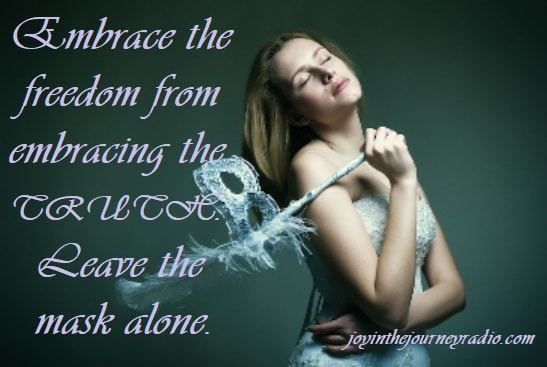

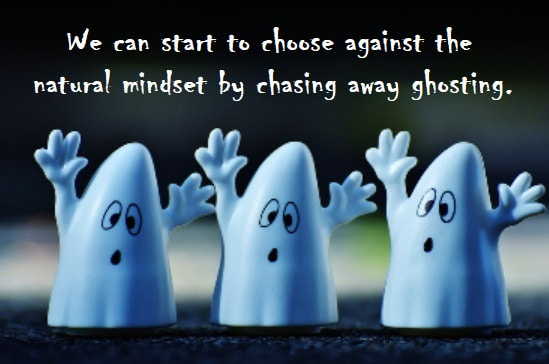

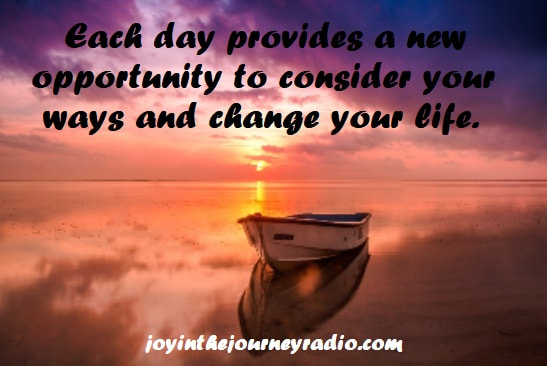
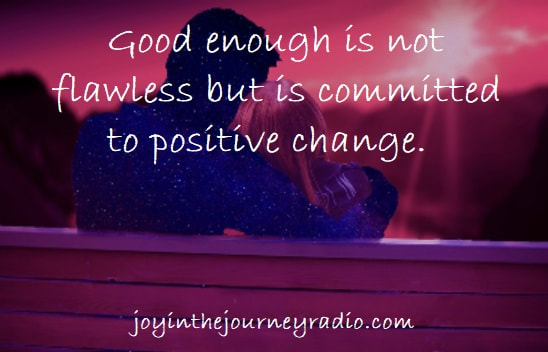
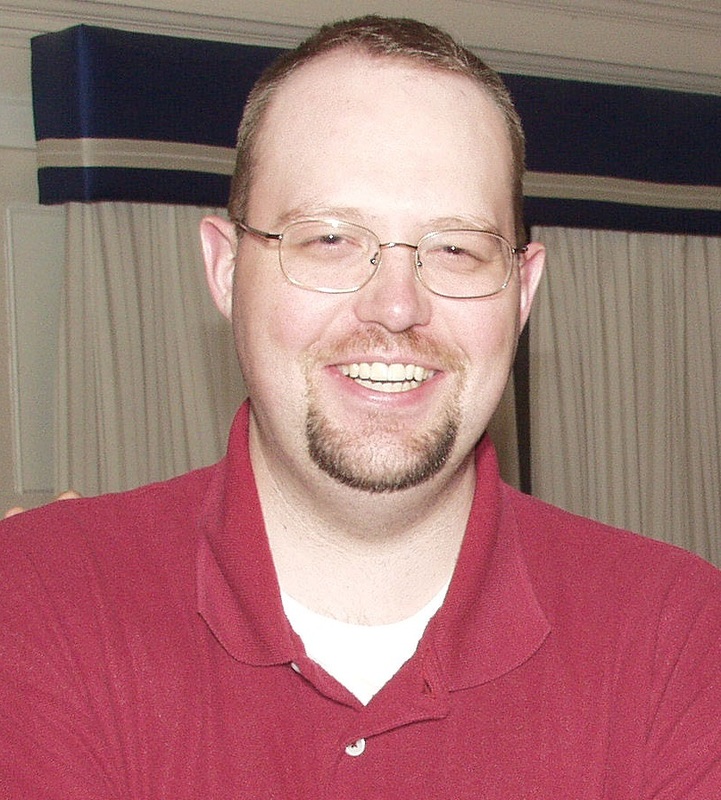
 RSS Feed
RSS Feed